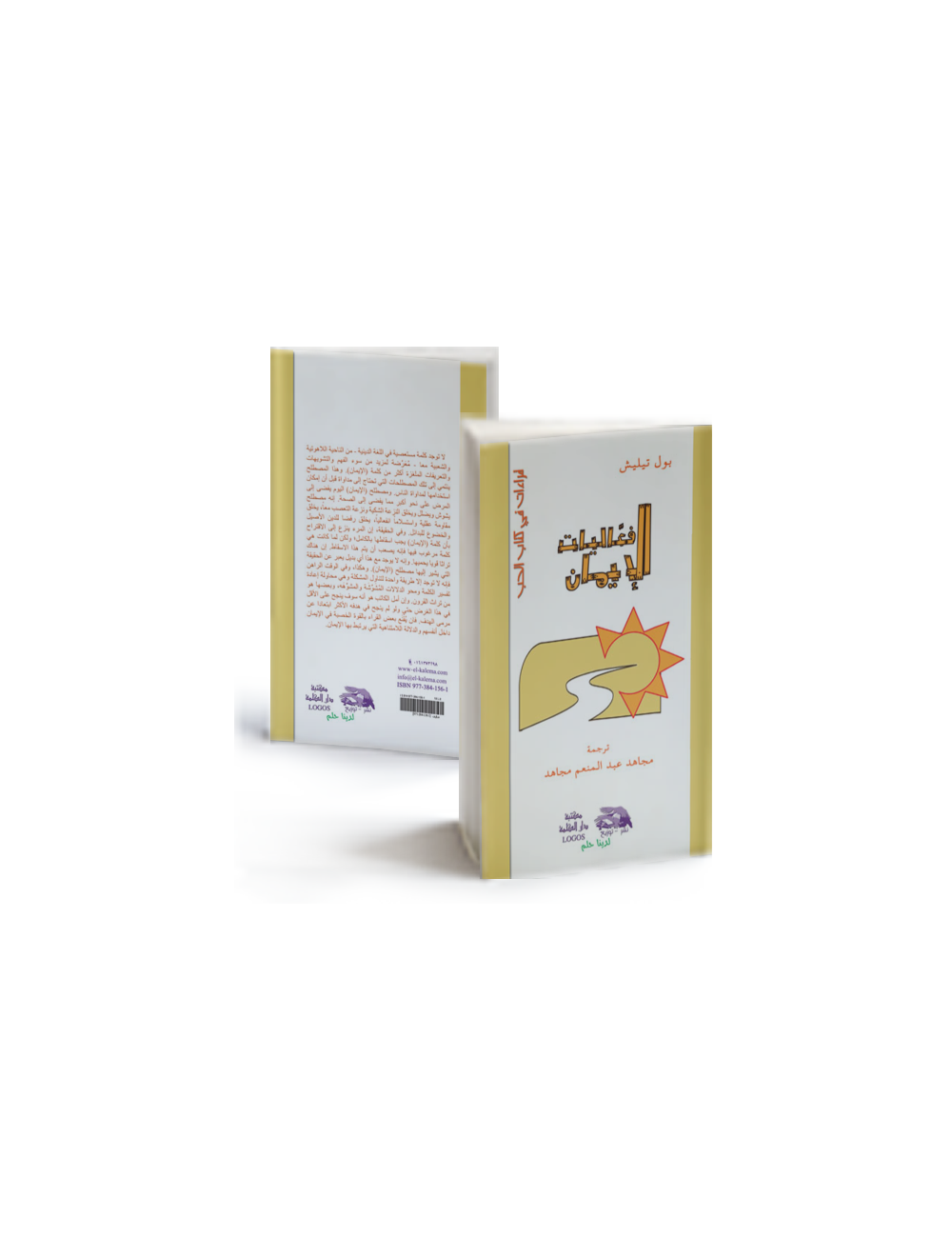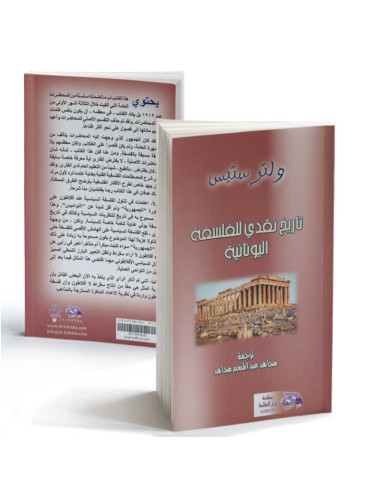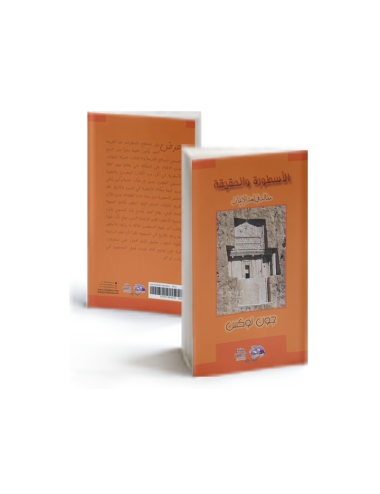Paul Tillich is one of the more important theologians of the twentieth century. Born into a culture being enticed away from the importance of things religious and theological in favour of science and philosophy. In particular, in the early part of the twentieth century, the philosophical school of existentialism became a strong, perhaps even the dominant force in intellectual development; it was against this (and the atheistic, nihilistic tendencies that followed) that Tillich undertook to reintroduce theology and faith as important components of human existence. Tillich, much to the consternation of many seminary students and more general readers, largely addresses the academy in the academy's language - he is very philosophical and precise in his constructions, and like many in the long tradition of German theologians, crafts his theology with his own terminology and internally-defined concepts that often make his theology difficult to follow.
This text, 'Dynamics of Faith', is one of Tillich's more accessible writings, more directly relevant to the situation of individuals and congregations. Tillich here looks at what faith is, and is not, from a theological perspective, but his intention is to make this transformative for the humanity that seeks to understand God.
In the first chapter, Tillich introduces one of his key terms - ultimate concern. Faith is the state of being ultimately concerned about something - God - without conditions or reservations. Ultimate concern can be religious or not, and can be misguided (people are tempted into idolatry, according to Tillich, not only by making things such as money, power and fame the objects of ultimate concern, but also by making particular ideas or views of God and religion into inappropriate ultimate concerns). In the second chapter, Tillich explores the ideas of what faith is not - faith is not merely intellectual understanding, emotional bonding, or even an act of will. Faith is rather (going back to the first chapter) an act of total personality - one's whole being is drawn to the ultimate concern.
Through the remainder of the text, Tillich develops an intriguing idea of the symbolic in faith - symbols are not constructed like marketing logos, but rather assume a life of their own and participate in that to which they point, in a community context over time. Community is important to Tillich for symbols and for faith, as it is through community that we develop the language and understanding skills necessary to codify and understand such things. Tillich looks at the different disciplines of science, history, philosophy and reason, asking (perhaps echoing Pilate in a different manner) what is truth? Tillich clearly states that neither scientific nor historical truth can negate or validate the truth of faith, and vice versa. Philosophical truth is a different matter, given that the 'language' of faith, through theology, is often expressed in philosophical terms - however, even here, philosophical truth and reasoning cannot be used as a trump card. However, for the truth of faith to be affirmed, the faith must be focussed upon the 'real' ultimate concern.
Tillich often irritates modern Christians because of mistaken assumptions about what he means. In other texts (such as his massive 'Systematic Theology', also often used in higher-level seminary and graduate courses on theology), Tillich describes God as a Ground of Being, and as such, having no 'existence' as we commonly use the term; this gets reduced to the soundbite 'God does not exist', and Tillich is written off. In 'Dynamics of Faith', Tillich often refers to 'cults' and 'myths', using these terms in specific scholarly manner, to refer to religious and biblical issues and events - again, the soundbite becomes 'Tillich says that the Bible is a myth', and given the popular non-Tillichian definition of the word 'myth', again Tillich is dismissed.
There is much material packed into this small text. It is worth exploring.





























Product Comments
Your review appreciation cannot be sent
Report comment
Report sent
Your report cannot be sent